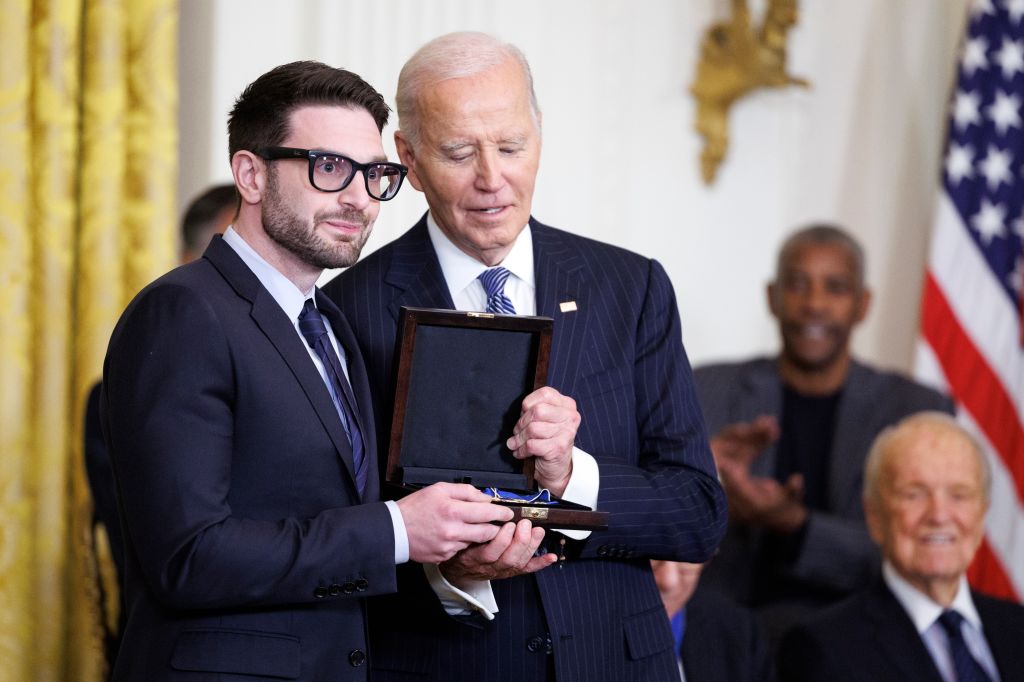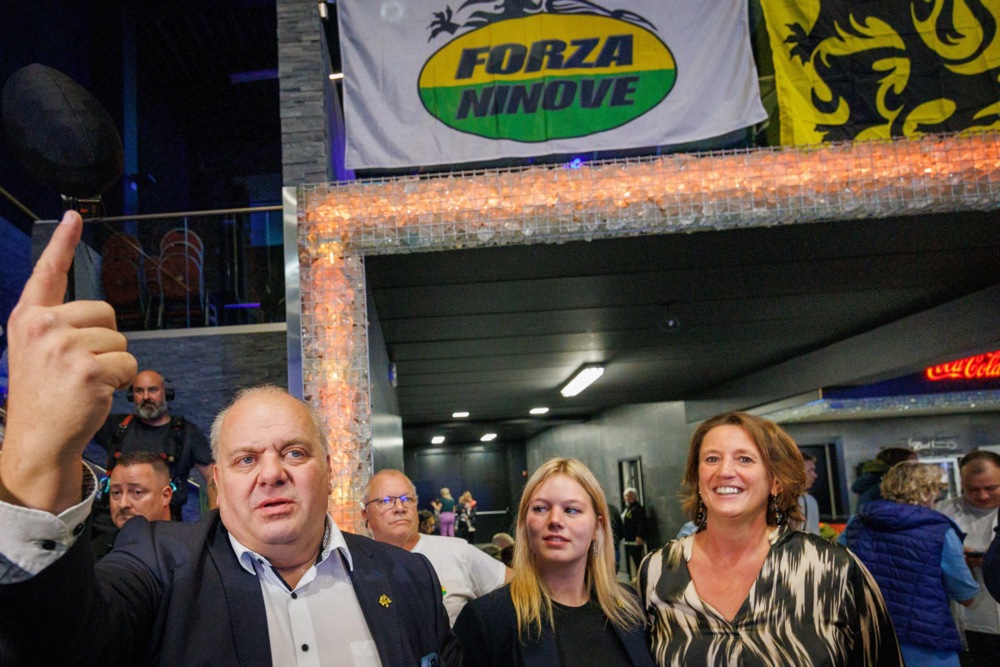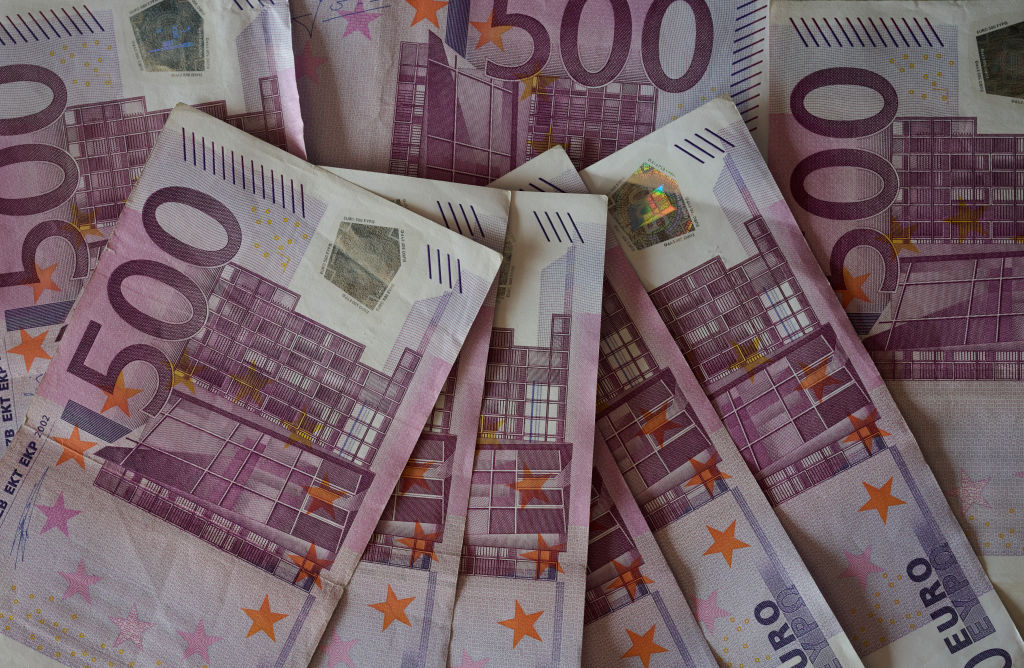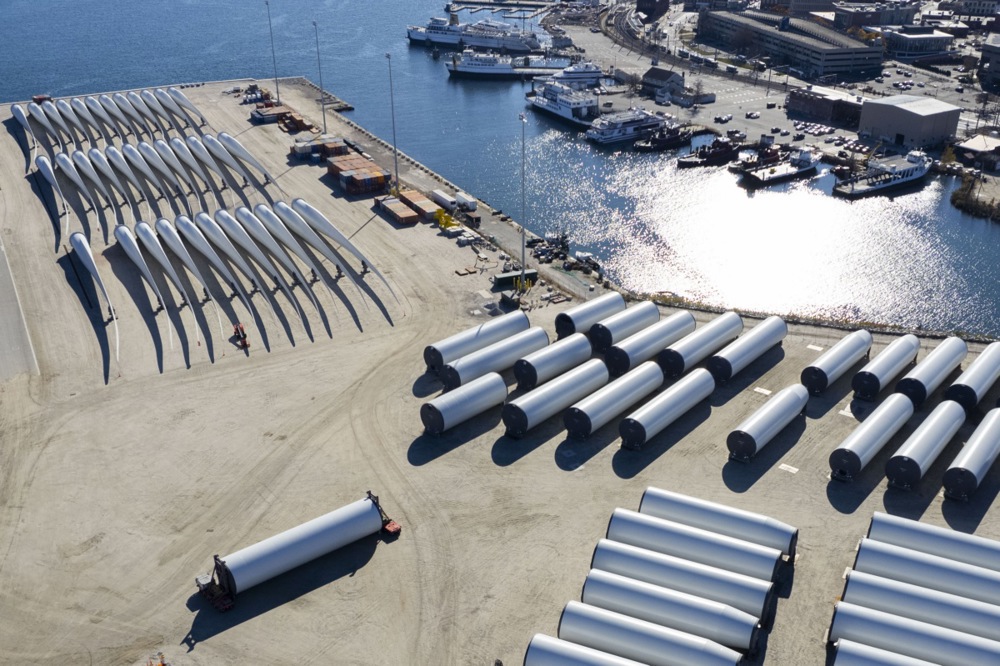Epifin, the holding company which controls DPG Media, has decided to distribute a €35 million dividend. The payments, which relate to the 2024 trading year, follows cheap loans from the European Investment Bank.
Since 2012, when Epifin began distributing dividends, the cumulative payout has reached €409 million. Over the past 15 years, DPG Media itself has returned more than €500 million in profits to Epifin, which had an equity of €859 million at the end of 2023.
DPG Media had a reported revenue growth of 2.5 per cent in 2023, amounting to €1.73 billion. This growth was primarily driven by radio activities and online services.
According to investigative financial website derijkstebelgen, DPG was able to stabilise its revenue in publishing activities thanks to the growth of digital subscriptions. The readers’ market accounted for €815 million of revenue.
Some 85 per cent of the €566 million of advertising revenue came from digital and audiovisual media. Print was the only medium that saw its advertising revenue decline in 2024.
Gross operating profit or ebitda fell slightly, by 1 per cent to €348 million.
The sale of the Danish activities, Berlingske Media, to the Norwegian company Amedia has provided additional funds, potentially facilitating the acquisition of RTL Nederland.
The news was announced mid-2025 due to the timing of financial reporting and approval processes. Companies prepared their annual accounts and have them approved by the general meeting of shareholders, usually within six months of the end of the financial year.
Despite the high profits and generous dividends for its shareholders, DPG also has a large loan with The European Investment Bank (EIB).
The EIB provided DPG Media with a €120 million loan for the period 2024-26 to finance investments in digitalisation and artificial intelligence.
These funds were intended to enhance the competitiveness of the sector and support the bank’s policy objective of “Innovation, Digital and Human Capital”. Around €70 million of this loan was earmarked for Belgium, with in excess of €50 million allocated to the Netherlands branch of DPG Media.
That was not the first time DPG Media had received such support. In 2021, the EIB granted a €100 million loan for a “Media Digital Transformation” project, which raised questions among observers given the company’s substantial turnover and net profit.
On June 11, investigative website Follow The Money highlighted that the Belgian media group was accused of aggressive data collection practices and violating the bloc’s data privacy rules.
DPG Media has developed the Trusted Web advertising ecosystem over the past five years, aiming to give advertisers more control and reduce their dependence on US tech giants including Google, Facebook and Amazon.
They dominated up to 80 per cent of the digital advertising market. Trusted Web connected brands with customers across various platforms and earned DPG a commission on transactions.
The initiative has been successful, with digital ad revenue growing by 250 per cent from 2018 to 2023, reaching €207 million.
Supported by the European Investment Bank, DPG is investing an additional €392 million in digital acceleration from 2024 to 2026.
This investment aligned with the European Commission’s objectives to enhance digital competitiveness and reduce reliance on US high-tech companies.
These favourable relations with the European level persisted despite the owners of DPG Media being hidden behind a Luxembourg financial structure, Epfin, which is officially nothing more than a mailbox.
Additionally, Epfin utilises the Dutch Stichting Administratiekantoor (STAK) structure, a vehicle explicitly designed to enable anonymous shareholding.
Besides “tax optimisation,” the main purpose of a STAK was to conceal the identities of the actual shareholders. The only information available to the public about such a STAK, via the Dutch Chamber of Commerce, was a list of its directors.
Nevertheless, the European Union claimed it only wanted to recognise media companies that were fully transparent about their finances.





